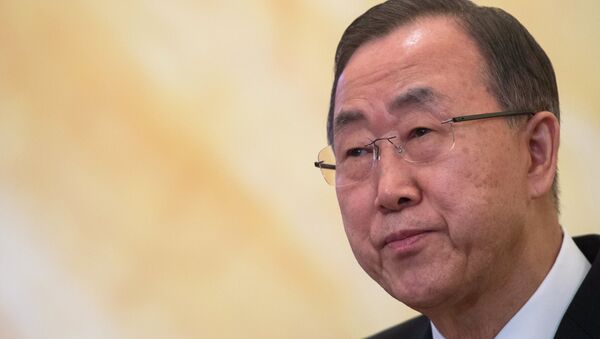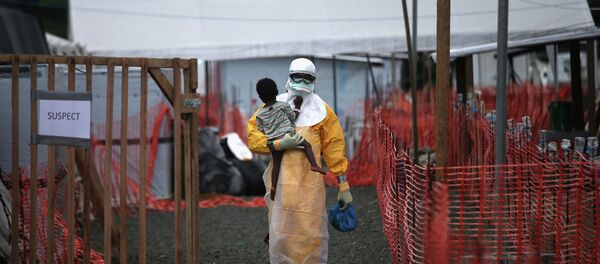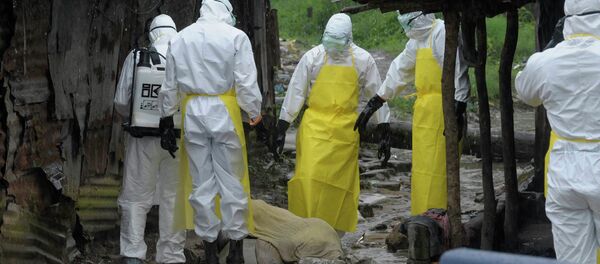"Incomes are down, prices have risen, markets are bare and people are hungry…The people and Governments of Guinea, Liberia and Sierra Leone have suffered much and shown great resilience. They are counting on the international community to help end the Ebola outbreak and support their swift and full recovery," Ban stated.
UN Secretary-General also said that the work to end the Ebola outbreak should be accompanied by efforts to recover the economies of the three Western-African countries.
Margaret Chan, Director-General of World Health Organization, in turn confirmed that Ebola's current outbreak "is the largest, longest, most severe, and most complex" since the virus was first discovered four decades ago.
"What began as a health crisis has become a humanitarian crisis, a social crisis, an economic crisis, and a security crisis. Travel and trade bans have been imposed. Markets are not functioning. Fields are fallow. Fear of hunger competes with fear of infection," Chan added.
According to the World Bank, all three economies had been vibrant and growing rapidly before the outbreak of the virus intensified. Projected growth in Liberia in 2014 is now 2.2 percent against the 5.9 percent before the crisis and 2.5 percent in October.
Even more striking is the difference in the economic growth of Sierra Leone – today's four percent against the 11.3 percent that was in place before the crisis, and the eight percent this October.
Guinea's estimated growth in 2014 is 0.5 percent, which is much lower than the growth rate (4.5 percent) in the times running up to the crisis, and the 2.4 percent that was in October.




